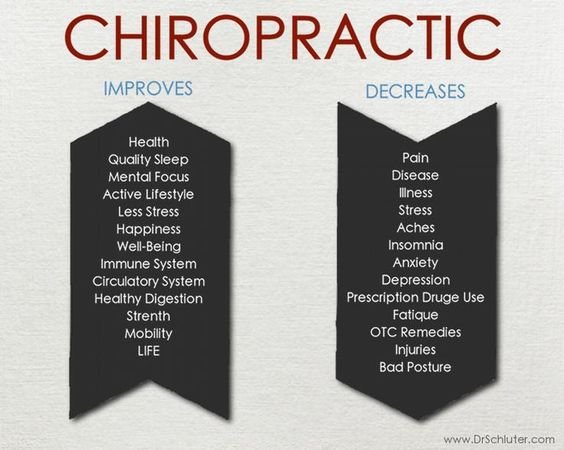The Wellness Insights Given By Neck And Back Pain: Regular Conditions And Linked Symptoms
The Wellness Insights Given By Neck And Back Pain: Regular Conditions And Linked Symptoms
Blog Article
relevant web page By-Tyler Harmon
If you're experiencing neck and back pain, your body could be trying to tell you something greater than just discomfort. The way your back really feels can give beneficial hints about your general wellness. Comprehending the certain kind of pain you're really feeling and any kind of coming with symptoms is key to deciphering the secret behind your pain. Let's explore the common problems and signs and symptoms related to various kinds of pain in the back to clarify what your body may be signaling.
Types of Neck And Back Pain
When it concerns pain in the back, there are different kinds that you might experience. One usual kind is muscular tissue pain, commonly caused by overuse, strain, or injury to the muscles and ligaments supporting the back. This sort of pain can range from mild pain to severe and devastating pain.
An additional kind is nerve pain, which can arise from problems like herniated discs or sciatic nerve pain. Nerve pain commonly provides as a sharp, shooting experience that emits down the leg.
Joint discomfort in the back can stem from problems like joint inflammation or sacroiliac joint dysfunction. This type of discomfort is commonly really felt in the reduced back and can be worsened by certain activities.
Additionally, neck and back pain can be associated with architectural problems such as back constriction or vertebral cracks. Comprehending the kind of neck and back pain you're experiencing is essential in identifying the appropriate therapy and monitoring approaches.
Common Effects to Expect
Moving past the different types of neck and back pain, it's important to acknowledge the typical signs and symptoms that can indicate underlying concerns.
Persistent neck and back pain that gets worse with motion or during the night can show an extra major trouble. Pins and needles or prickling in the legs or feet, especially when accompanied by weak point, might indicate a nerve-related issue. If you experience unexpected weight reduction together with back pain, it could be a sign of a much more systemic problem.
Focus on any type of adjustments in bladder or digestive tract function, as this could be linked to spinal cord compression. visit this page , chills, or evening sweats together with pain in the back might signify an infection. Keep an eye out for pain that radiates down one or both legs, possibly a sign of sciatica.
Health Conditions Linked to Neck And Back Pain
If you experience pain in the back, it's important to comprehend the potential wellness conditions connected to this pain. Back pain can be a signs and symptom of different underlying issues, consisting of muscle mass strains, herniated discs, osteoarthritis, spine stenosis, and even conditions like kidney rocks or infections.
Muscle stress prevail and commonly result from raising hefty items or sudden activities.
Herniated discs occur when the soft tissue between vertebrae protrudes, creating nerve inflammation.
Osteo arthritis, a degenerative joint disease, can lead to pain in the back as cartilage wears down.
Back constriction, the narrowing of the spine canal, can tax nerves.
Kidney rocks may cause extreme pain in the back if they relocate into the urinary system tract.
Infections like spine osteomyelitis can also manifest as neck and back pain. Comprehending these potential health and wellness conditions can aid you look for proper healthcare and administration for your pain in the back.
Conclusion
So, following time your back hurts, focus on the type of pain and coming with signs. It could be a signal from your body about underlying health and wellness conditions like muscle mass strain, nerve problems, joint issues, or perhaps structural problems. By acknowledging lower back muscle pain , you can take aggressive actions to attend to the root cause of your back pain and boost your overall health and wellness and well-being.
